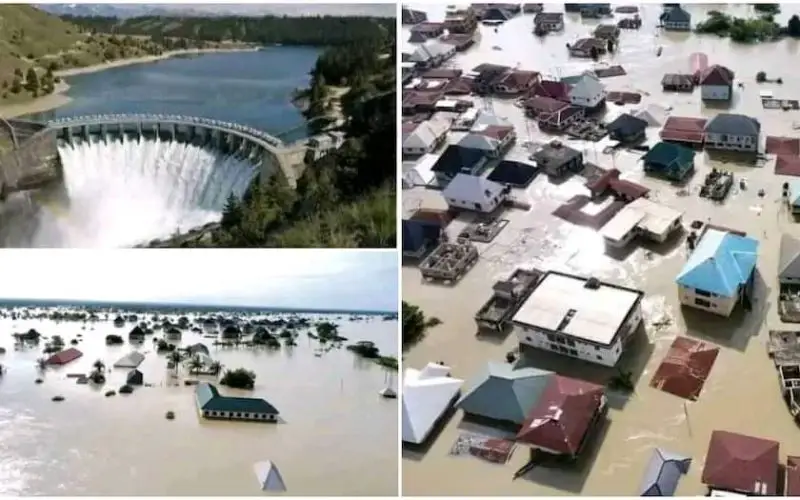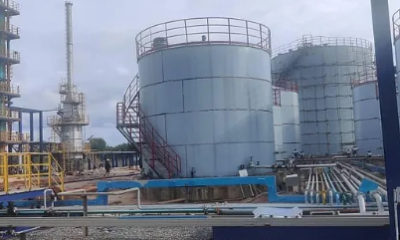Mustapha Habib Ahmed, the director general of the National Emergency Management Agency (NEMA), has predicted that the recent release of water from the Cameroon Lagdo dam could result in further flood disasters in the states of Nigeria that are downstream.
Taraba, Benue, Nasarawa, Kogi, Anambra, Edo, Delta, and Bayelsa are the states that would be impacted, with Adamawa already affected.
Ahmed spoke on Saturday in Abuja during an emergency meeting with stakeholders in response to the flood disaster that affected Adamawa State starting on October 4.
He said NEMA was informed of the sudden increase in flooding of riparian communities and farmlands along the banks of the River Niger in Adamawa, Taraba, and Benue states in the previous 48 hours.
READ ALSO: Flooding: Edo assures support for residents in riverine communities
“Situation reports from Adamawa State confirms the upsurge of floodwaters along the flood plains of River Benue. The situation is expected to be replicated in downstream states of Taraba, Benue, Nasarawa Kogi, Anambra, Edo. Delta and Bayelsa as the River Benue joins River Niger and flows to the Atlantic Ocean through the Niger Delta,” he said.
He said the sudden situation was attributed to the rapid release of waters from Lagdo Dam in the Republic of Cameroon, adding that it had resulted in the displacement of residents of the affected communities.
He said croplands and valuable infrastructure were at risk of getting washed away by flood waters.
Ahmed said, “As a result of the unfolding situation, I want to use this opportunity to alert authorities of state and local governments along rivers Niger and Benue basin areas to immediately activate their emergency response plans to avert potential damage and losses that will arise due to inundation of communities by flood waters.
“Furthermore, we are expecting to receive updates from the Nigeria Hydrological Services Agency (NIHSA) NIMET, NEMA Operations Office in Yola Adamawa state and from State Emergency Agencies of the frontline states to keep on updating you on the situation as it unfolds.”

 Health5 days ago
Health5 days ago
 Entertainment7 days ago
Entertainment7 days ago
 Crime5 days ago
Crime5 days ago
 Education7 days ago
Education7 days ago
 Health7 days ago
Health7 days ago
 Comments and Issues6 days ago
Comments and Issues6 days ago
 Football6 days ago
Football6 days ago
 Latest6 days ago
Latest6 days ago













